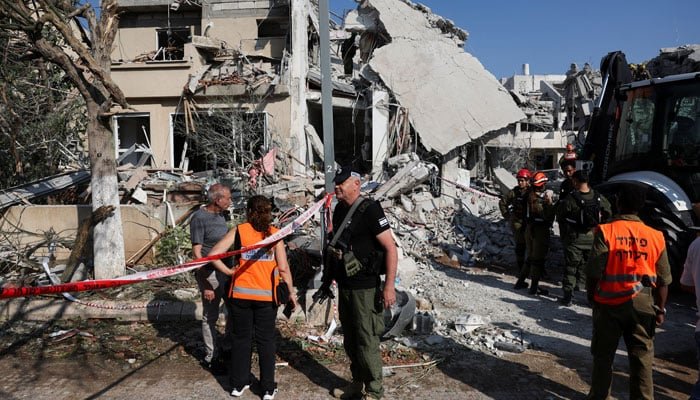The Middle East is facing a dangerous new escalation as tensions between Israel and Iran have exploded. This follows an Israeli bombing raid that targeted high-ranking Iranian military figures and nuclear scientists.
Early reports suggested the Israeli strike was effective, eliminating key leaders in Iran’s military and Revolutionary Guards and inflicting considerable damage on Iranian air defenses. Israel reportedly suffered minimal losses and initially faced no immediate response.
However, the situation quickly deteriorated when Iran launched a significant missile attack against Israel, overwhelming the Iron Dome defense system. While the full extent of the damage is still being assessed, the attack demonstrates Iran’s ability to retaliate despite the initial setbacks.
According to Israel’s YNet News, Prime Minister Benjamin Netanyahu has stated that Israeli strikes will continue for “days, if not weeks,” indicating a commitment to what could become a prolonged regional conflict. This declaration has fueled fears of long-term instability in the region.
Experts emphasize the unpredictable nature of the escalating conflict. Karim Sadjadpour, an Iran specialist at the Carnegie Endowment for International Peace, noted that the long-term impact of the Israeli strike on Iran remains uncertain, stating it could either prevent Iran from developing a nuclear weapon or guarantee it. He also suggests it could either destabilize or strengthen the Iranian regime.


